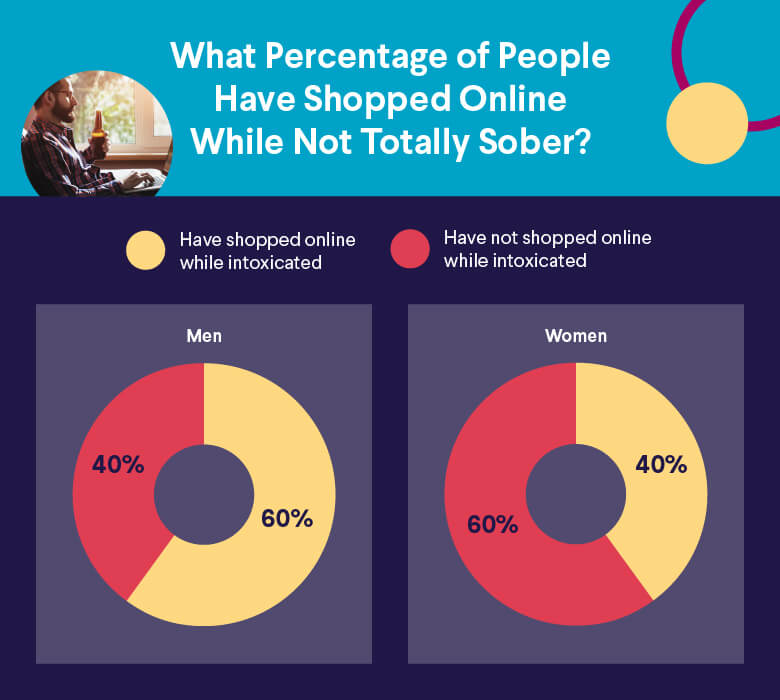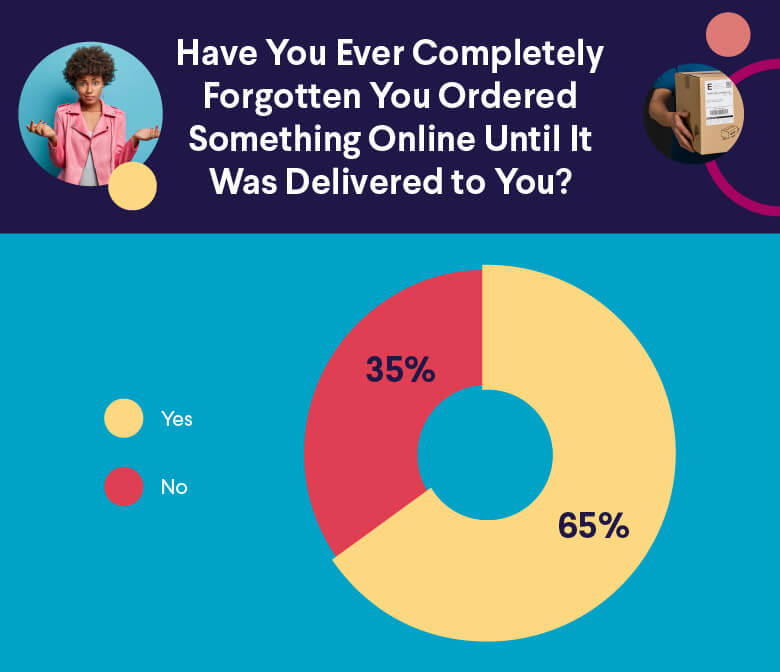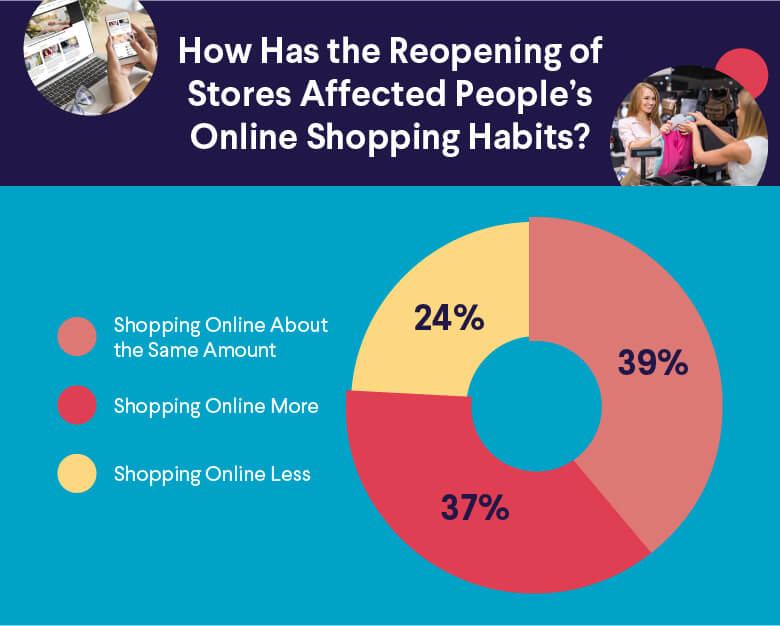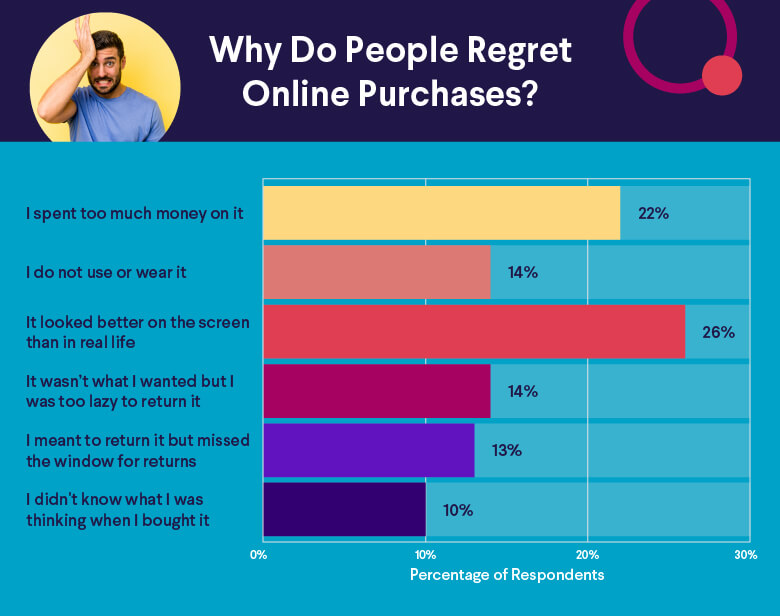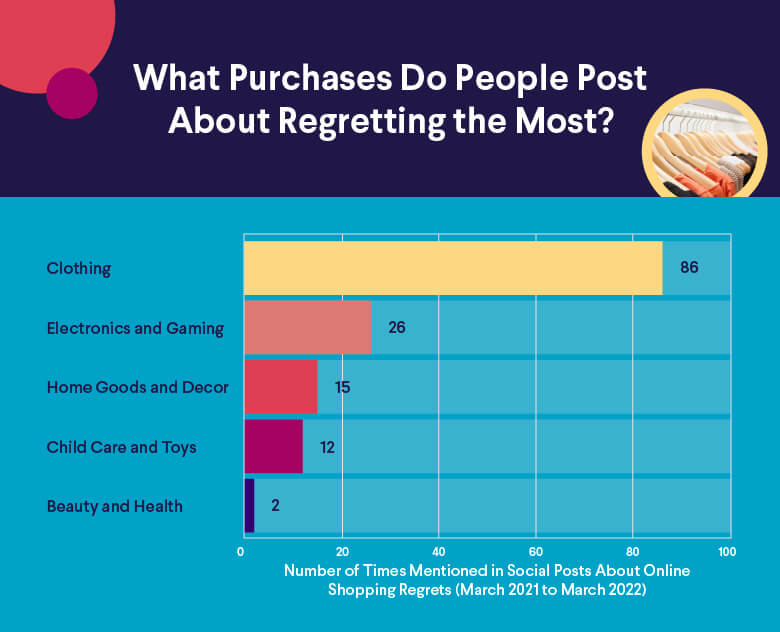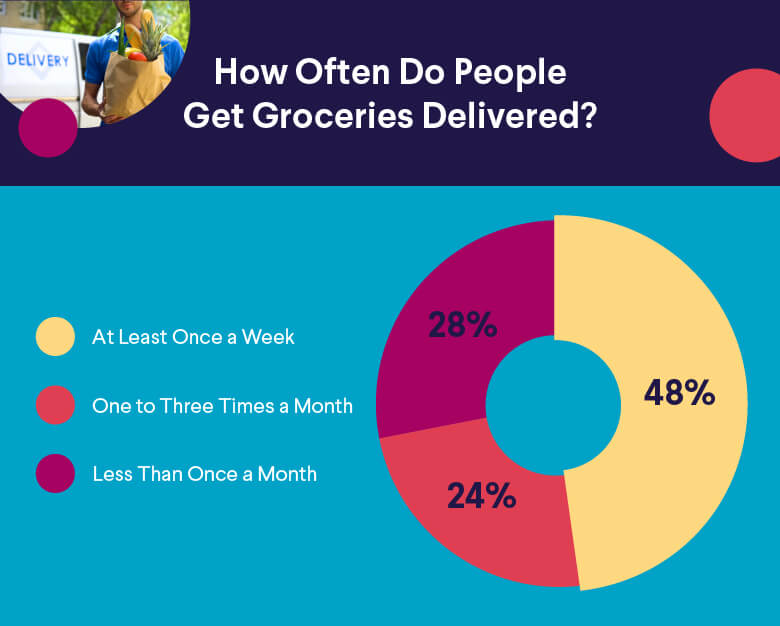Guide to Changing the Name on Your Credit Card
If you’re going through a life transition or identity shift, you’ll need to change your legal name. And beyond making the update on government-issued IDs and your social media account, you’ll need to change your name on your credit cards as well.
If you have multiple cards, this might be a tad trickier — and more time-consuming. To avoid the process turning into a stressful, hair-pulling endeavor, we’ll go over the process of how to change your name on credit cards.
Recommended: Tips for Using a Credit Card Responsibly
Reasons for Changing Your Name on a Credit Card
Here are the most common reasons for undergoing a legal name change:
• Getting married
• Getting divorced
• Changing your name to one that’s a better fit for you
• Changing to mother’s or father’s last name as an adult
• Undergoing a gender transition (i.e., male-to-female [MTF] or female-to-male [MTF]) and adopting a moniker that’s more representative of your new identity
Steps to Get a Name Change on a Credit Card
Are you asking yourself, “Can I put a different name on my credit card?” The answer is yes — canceling your credit card won’t be necessary. Here’s how to change your name on credit cards.
Update Your Name on Government-Issued ID Cards
Before you reach out to your credit card issuer to change your name, you’ll need to update your alias on government-issued ID cards, such as your Social Security card, driver’s license, and passport.
Not taking this initial step will leave you at a standstill with changing your name on a credit card. That’s because your credit card company will most likely request a legitimate form of ID that verifies that your name has already been legally changed.
To change your name on your Social Security card, you’ll need to submit an application. You’ll also need to provide proper documents verifying your name and identity change. Then, you must submit everything via snail mail or by dropping it off at a nearby Social Security office.
As for changing your name on your driver’s license, each state has slightly different steps. For more information, start by sleuthing around your state’s DMV website.
To learn how to update your name on your passport, visit the U.S. Department of State’s website , where it lays out the process.
Contact Your Credit Card Issuer for Necessary Information
Next, you’ll want to check your credit card issuer’s website for details on how to go about making a legal name change on your credit card. Credit card requirements and procedures for each card issuer can differ.
A time-saving tactic: If you need to change your name across all of your credit cards, block out a few hours and research the steps and necessary information and documents you’ll need to execute the name change. Jot down the main steps and what information and documentation is needed.
Depending on the credit card company, you may have to go to a physical location to make the change, or you may be able to do it over the phone or online. An issuer might ask that you fill out a form through its online portal, while another may have you talk to someone via chat or phone first.
Collect Documents and Information Requested by Your Issuer
If you’ve done your research ahead of time by looking on a credit card issuer’s website, then you might have handled this step before reaching out to the issuer.
Either way, depending on the reason for the name change, here are some documents and information that you might need to gather:
• Photo ID
• Government-issued ID like a driver’s license or other legal document showing the name change
• Signed W-9 with your new name
• Social Security number
• Marriage certificate
• Divorce decree
• Birth certificate
• Court order approving the name change
Some credit card issuers will ask for a driver’s license and ID, while others might need more substantial proof, such as a marriage license. Similarly to if you were getting a credit card for the first time, it’s worth investigating in advance.
Submit Your Documentation
As previously mentioned, how you can submit documentation will depend on the requirements and process of the credit card issuer. Some issuers allow you to do everything online or over the phone, while others require you to step foot inside a physical office and speak with a representative. Issuers may have a handy form that you can easily access online, or they might require that you give them a call.
One thing to keep in mind: When making the name change across your cards, or when applying for new cards, make sure to be consistent in how your name appears. Otherwise, this could cause issues later on, given what a credit card is and how it works.
Recommended: Does Applying For a Credit Card Hurt Your Credit Score
Follow Up If the Name Change Doesn’t Take Effect After Some Time
After the name change is approved by the credit card issuer, you’ll need to wait to receive a new card in the mail. How long you’ll wait before you have a new card in your hands can vary, but expect to wait at least five days.
If it’s been more than 10 days after the change was given the green light, follow up by reaching out to the credit card issuer and asking for a status update. If there’s been a snag, they can look into this further.
Changing Your Name on Your Credit Report
Once you change the name on your credit card accounts, you don’t need to take any action to have this change reflected on your credit reports.
Your credit card issuers will automatically let each of the three credit bureaus know. This usually happens at the end of the billing cycle. And should you open a credit card with your new name, this will also be reflected on your credit report.
If you notice that something went awry while changing your name — for instance, the new name shows up incorrectly — make sure to reach out to the credit bureau where the error appears and file a dispute. Once your dispute is received, the credit bureau usually has 30 days to look into it and get back to you.
How Long Will a Name Change Take to Update?
As mentioned before, how long a name change takes to update will largely depend on the credit card company. Each card issuer has different time frames for when the name change will get approved and processed.
For instance, one credit card issuer number may be able to approve the change over the phone and drop a card in the mail right away. Another issuer might require you to talk to them over the phone, then pay them an in-person visit to drop off your forms and required documentation.
What to Expect After a Name Change
Once your name is updated on your credit cards, you can go out into the world under your new moniker. The transition is usually pretty seamless, though you’ll want to look out for any typos or errors.
You’ll be able to use your credit cards in all the ways you had before — online, in-person, and through your digital wallet. If you’re still waiting for your new card with your updated name to arrive in the mail, you might consider carrying an unexpired government-issued ID with your old name on it just in case.
Does Changing Your Name Affect Credit?
Changing your name doesn’t not affect your credit in any way, shape, or form. While your new name will be reported to the three major credit bureaus on both existing and new cards, it won’t impact your credit history.
Keeping an Eye on your Credit
After you’ve updated your name on all your credit cards, stay on the lookout for any potential snags, such as a typo in your name. Certain mistakes can create confusion and further errors given how credit cards work. If you see anything amiss on your credit report, make sure to report it immediately.
Otherwise, the same basic credit card rules and practices apply once you’ve submitted your request for your name change.
The Takeaway
Making a name change on a credit card doesn’t have to be an overwhelming process. While there are certain steps to take, doing your homework and learning what those steps are and how they differ between different credit card issuers will help ensure smooth sailing. If you’re applying for a credit card, remember you’ll need to open it under your updated name as well.
Whether you're looking to build credit, apply for a new credit card, or save money with the cards you have, it's important to understand the options that are best for you. Learn more about credit cards by exploring this credit card guide.
FAQ
How can I change the name on my credit card after marriage?
You’ll need to make the change directly with each credit card issuer. Before you reach out, poke around the credit card issuer’s website and look into the specific steps involved. From there, gather the information and required documents. Depending on the issuer, you’ll need to submit an application either online or in person.
Does changing my name impact my credit score?
Changing the name on your credit cards to match your legal name will not impact your credit score in any way. Once the name is updated, the credit card companies will report the change automatically to the credit bureaus.
Does the name on a credit card matter?
Yes, the name on a credit card needs to match legal documents, such as your Social Security number and driver’s license. So if you’re undergoing a name change, you’ll need to update your cards to reflect this.
Should I leave my credit cards in my old name?
No, your credit cards need to match your legal name. If you’re changing your name due to a marriage, divorce, gender transition, or some other reason, you’ll need to update the name on your credit cards so everything is the same.
Photo credit: iStock/BongkarnThanyakij
Financial Tips & Strategies: The tips provided on this website are of a general nature and do not take into account your specific objectives, financial situation, and needs. You should always consider their appropriateness given your own circumstances.
SOCC0722002




